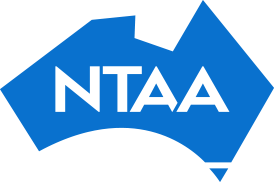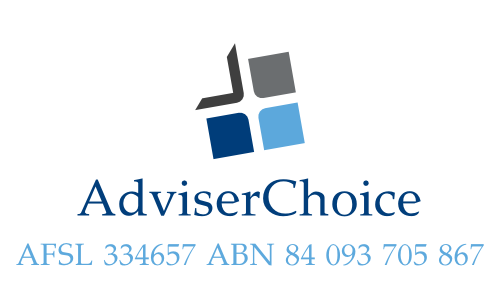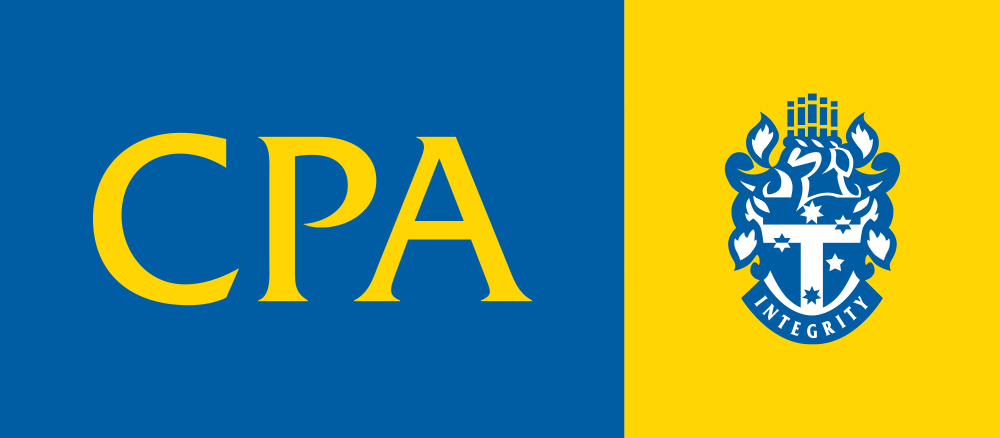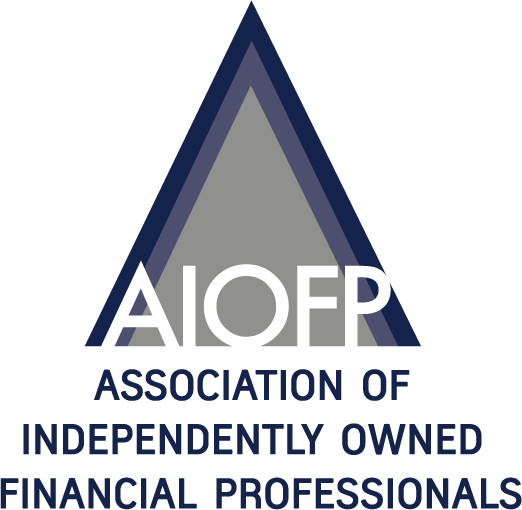
Our Services
At Terrace, we understand that there are no one-size-fits-all solutions for taxes and financial needs. We differentiate ourselves by offering personalised and bespoke solutions that cater to your unique needs.
Individual Services
Business Services
Financial Panning

FAQs
Being Small Business Specialists, we are aware of the many and pressing demands on your resources. Hence our priority is to deliver value for money service. You will find that this principle of ‘always adding value to your business’ will govern how we will interact with you.
How is this achieved?
Following initial discussions with you, we will map out just what it is you want and expect from us.
Based on your requirements, Terrace can quote a fixed fee.
Work that is additional will be charged on an agreed hourly rate basis.
Accurate and Good Record Keeping is guaranteed to keep costs down. This may include taking the following steps:
We can assist you to set up a simple but effective book keeping system. This may be a manual system such as a simple cash book which is reconciled to your bank statements or, a computerized system. Should you choose to do this on your own, ensure that you do have the necessary training.
You may choose to appoint us as your administrative office to maintain your books, debtors and creditors.
Employ or contract a good and efficient Book Keeper who may only be needed for a few hours a week. We can assist you locate such a person.
Ensure that you record complex transaction such as GST on lease / Hire Purchase amongst others following discussions with the team at Terrace.
Ensure that you are able to store all documentary evidence relating to your business in a safe and protected place. Should the ATO require evidence of your deductions claimed, they will then be readily available. Documents would include sales invoices, supplier’s invoices and bank statements, documents relating to leases, hire purchase and loans.
Apart from merely keeping your Accountant’s costs down, you should keep records because:
Legally a tax payer carrying on business is required to prepare in English and keep for 5 years business records that explain all transactions that are relevant for tax purposes. These must be kept so that a person’s tax liability may be readily determined.
To enable you to prepare your Business Activity Statements.
To gauge the financial health of your business and make timely decisions that will ensure the continued well-being of your organisation.
To determine the state of your cash flow, and to ascertain whether you can meet your commitments. Furthermore, it is against the law to trade whilst insolvent and the penalties may be harsh.
To take advantage of opportunities that may arise, with confidence.
To present a meaningful state of affairs to stakeholders, thus giving them confidence to be associated with your business.
To enable you to prepare Activity Statements
Business Records that need to be maintained
Sales & Income Related
- Sales invoices including tax invoices.
- Sales Vouchers & receipts.
- Cash Register tapes.
- Credit Card Statements.
- Bank Deposit books & statements.
Purchases & Expenses
- Supplier tax invoice.
- Supplier receipts.
- Cheque butts and bank statements.
- Credit Card Statements.
- Records of private consumption calculations.
Year End Tax Related
- Motor Vehicle expense records.
- List of debtors & creditors.
- Stocktake and workings.
- List of Assets and Depreciation Schedules.
- Capital Gains records.
Employee Related
- Tax File Number declarations.
- Withholding declarations.
- Worker Payments records.
- Superannuation records.
- Records of Fringe Benefits provided.
PAYG Withholding for Business
- Amounts withheld — No ABN
- PAYG withholding — Voluntary Agreements.
- Payments made under Voluntary Agreements.
- PAYG Payment Summaries.
- Annual Reports.
Common Business Structures:
Sole Trader
A sole trader is an individual who is trading on their own. That person controls and manages the business.
- ABN
A sole trader applies for an Australian business number for their business and uses this number for all their business dealings. - Tax File Number (TFN)
A sole trader uses their individual tax file number when they lodge their income tax return. - Who pays income tax?
Income of the business is treated as the person’s individual income, and they are solely responsible for any tax payable by the business. Business income is included along with any other income in the sole trader’s individual tax return.
Partnership
For tax purposes, a partnership is an association of persons or entities that carry on business as partners or receive income jointly (except a limited partnership, which is treated as a company).
- Australian Business Number (ABN)
Liability of each partner is unlimited. Partners are jointly & severally liable.
ABN Partners apply for an ABN for the partnership and use this number for all the partnership’s business dealings. - TFN
TFN: partnership needs its own tax file number. - Who pays income tax?
A partnership does not pay income tax – each partner includes their share of the profit or loss in their individual tax return. However, the partnership lodges a separate income tax return to report its income.
Trusts
A trust is an obligation on a person to hold property for the benefit of others (who are known as ‘beneficiaries’). TheTrustee/s is/are generally liable and has/have obligations imposed by the trust deed.
- ABN
A Trust has its own ABN. The trustee needs to register for an ABN in its capacity as the Trustee of the Trust. - TFN
The trust must have its own tax file number, which is used when its annual income tax return is lodged. The Trustee needs to register for the TFN in its capacity as Trustee of the trust. - Who pays income tax?
Except in special circumstances it is the beneficiary, rather than the trustee, who is taxed. Usually the beneficiary has to include their share of the trust’s net income in their personal tax return (Form I). The trustee is liable to pay tax on income distributed to minor or non-resident beneficiaries, or on any income it accumulates.
Company
A company is a legal entity separate from its shareholders. Companies are regulated by the Australian Securities and Investments Commission. For tax purposes, a Company means a body or association, incorporated or unincorporated, but does not include a partnership or a non-entity venture. Directors and shareholders’ liability is limited to what is paid into the company as shares and guarantees. Directors however have legal duties in accordance with the Corporations Act.
- ABN
A company needs to register for an ABN. - TFN
A company needs to register for its own tax file number. - Who pays income tax
A company pays income tax on its profits – the general rate of tax is 30%.
Please discuss with the Team at Terrace to determine the correct structure for you.
Essentially a business performs transactions. These transactions create the flow of monies which may be inwards flowing, i.e. the receipting of money or outward flowing, which is the payment of money. Money flows into the business due to activities that are of an income nature and also those that are non income. Inflows may be classed into 4 main categories:
Money contributed by the owners of the business is referred to as capital.
Repayment of loans – Whilst these transactions are not business expenses, the payment of interest is a deductible business expense.
Income generated by selling goods or services performed by the business.
Monies from disposing of assets. Gains derived by this means are referred to as capital gains. Thus there are 2 aspects to this type of inflow — the return of capital & the gain itself.
Money flows out of the business for essentially the opposite purpose that it flowed into the business. Hence outflows have 4 categories.
The drawing and or return of capital to owners. This is not a business expense but it may be income in the hands of the owners.
The return of borrowed monies. Whilst these transactions are not business expenses, the payment of interest is a business expense.
Payments made for expenses incurred in running the business.
Payments made to replenish and or replace business assets. Such payments are recorded as capital purchases and are not treated as expenses at the time of making the payment. However the decline in value (depreciation) is expensed over the life of the asset.
Good record keeping of these transactions enable the easy retrieval of meaningful information. The law accepts records to be maintained either electronically or manually.
Contact us




